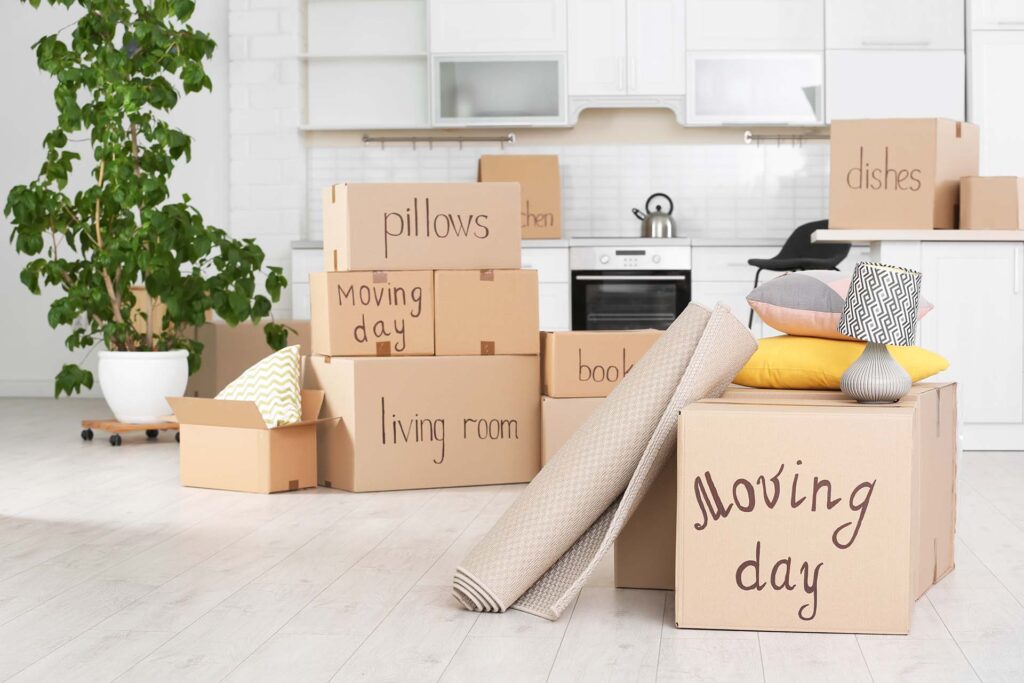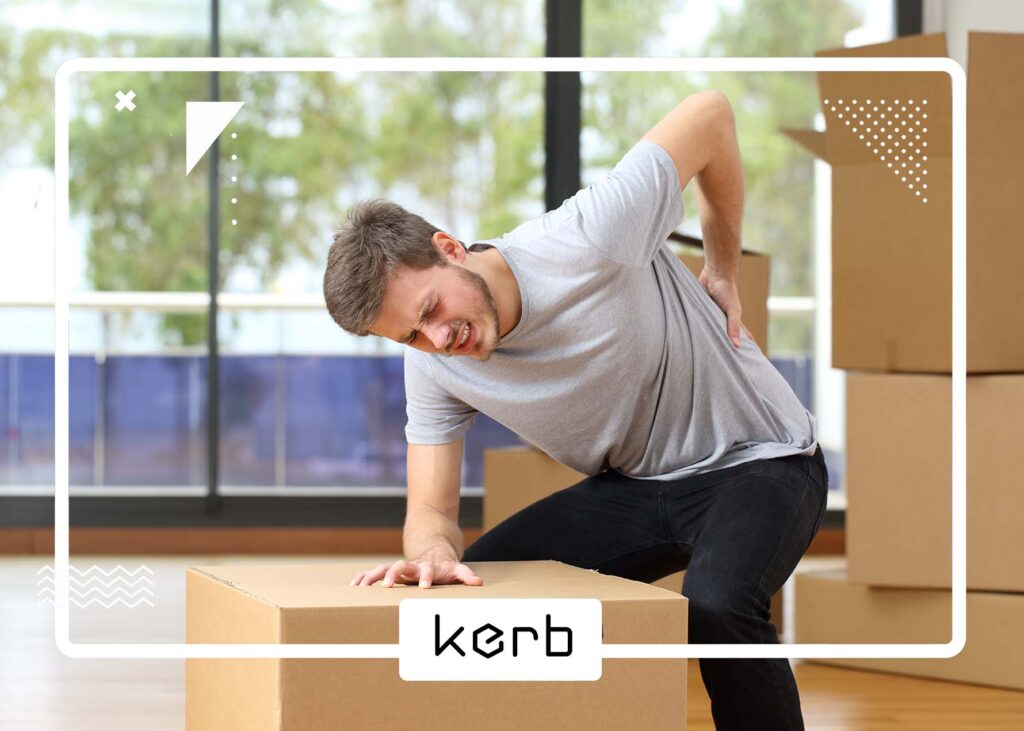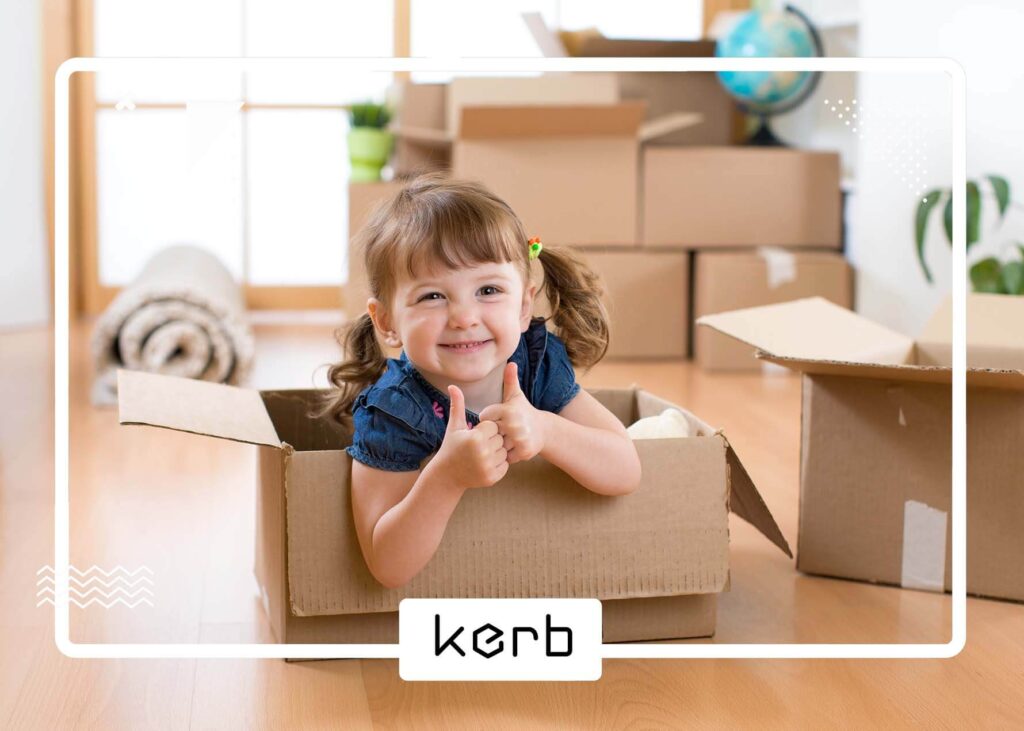The average American spends seven trees a year on paper, an average household throws away around 13,000 pieces of paper. Even though we throw away so much paper, we are still puzzled with questions about how to organize important documents at home. Why is this so? Well, like anything in life, knowing how to organize documents demands some time, skill, and patience.

Even now, in the digital era, we still have so many papers and files at home. The amount might be smaller than in the last century but still, we have a lot. And this is because some documentation is best to have in hard copy and safely stored at your house, regardless of whether you’re moving to a small town or to a metropolis.
What Are Important Documents?
Before we get into how to store important documents at home, let’s talk about what important documentation actually is. We all keep some things we don’t actually need, and the most important part of decluttering a household is knowing what to keep and what to throw away. If you are planning to relocate any time soon, you should know that some important documentation is among the items movers won’t move, so keep that in mind and sort your files before you start creating the moving to-do list. One of the best moving tips we can share with you is that once you are done sorting this, don’t throw away anything; you can use it instead of packing paper to protect and pack fragile items.
Put your essential papers in an archive box and keep them in a safe place. Their purpose is to prove that you and your family exist, that you pay taxes, go to school, have a place to live, and other things. Here is a list of the most important files everyone should have:
- Birth certificates,
- Social security cards,
- School records,
- Academic records,
- Tax returns,
- Jury duty proof,
- Passports,
- Medical and health records,
- Life insurance,
- Testament or will,
- Power of attorney,
- Employment records,
- Retirement records,
- Mortgage files,
- Marriage,
- Car titles.
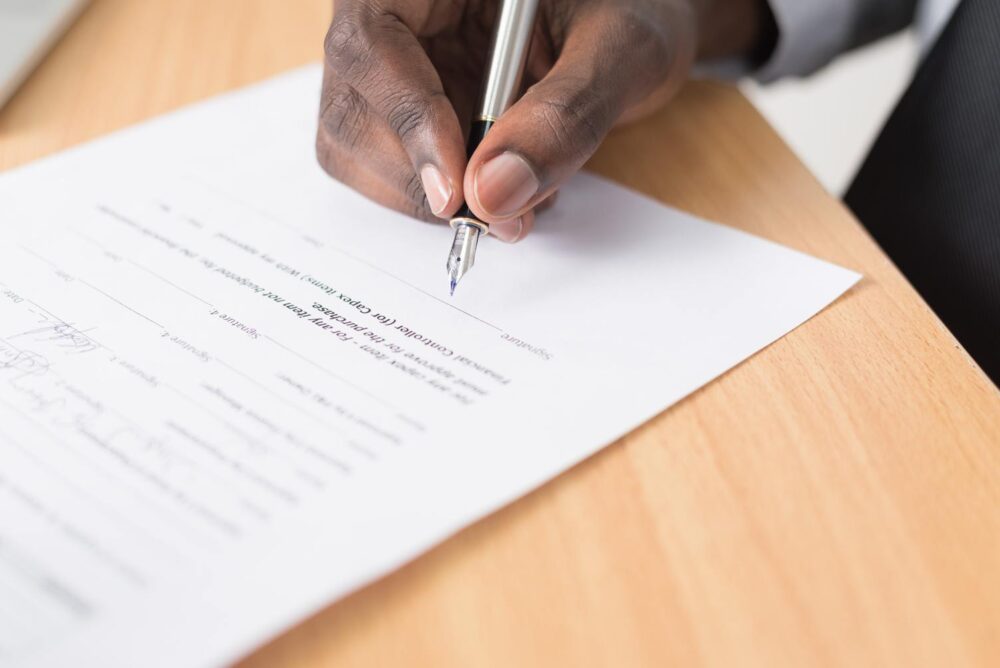
Buy the Right Sorting Materials When Organizing Important Documents
Having the right supplies is key to successful work, especially if this work involves a ton of paperwork. The answers to questions like how to store important documents and where to store important documents depend on why you are doing this right now.
Usually, people decide to do this kind of work when they are moving long-distance. If this is the case with you, then the reasonable thing would be to store your documentation in folders and later on in a box or boxes depending on the amount. If you are moving to another state alone, taking these with you will not be a problem, but if you are relocating with a family, this can get heavy. Also, if you are relocating with pets, make sure their papers are with you as well.
On the other hand, if you wish to tidy things up at your house, here are some of the best supplies you should get:
- Household filing cabinet,
- Hanging folders,
- Binders,
- Boxes or plastic containers,
- Small boxes and dividers,
- Expandable organizer.
How to Organize Important Papers – Gather Your Documents and File Them
When it comes to packing tips for moving, one of the most important things every legitimate local moving service provider will recommend is to go through all your belongings carefully and start sorting things out room by room. The same goes for sorting your files. The first thing you need to do is to gather all your papers in one place. Get yourself some free moving boxes at the nearest grocery store if you don’t have any, and start making piles. Separate them into categories and put them in an appropriately labeled box. This process doesn’t have to be meticulous because you will have to go through each box again when filing begins. Here are some categories you can create:
- Personal – This is where all your and your family’s personal documentation should be. This includes health, employment, and school records, as well as birth certificates, social security numbers, employment records, and other documentation that has your personal information on it.
- Finances – here you will put everything regarding your finances. Sort everything that has to do with your and your family members’ bank accounts. Your utility bills should go here, as well as your legal contracts with a bank.
- Household – Everything you have concerning your household should go here, including permits, mortgage, deeds, and such.
- Recycle – You probably have a lot of papers that don’t fit in any of the boxes listed above and they don’t have any information about your family members. This includes a lot of junk mail, magazines, unused coupons, and others.
- Shred – Here you should put documentation that is for recycling but has your personal information on it. The best way you can protect your info from identity theft is by shredding it.
Check out this video for a DIY shredding method.
Categorize Your Records – Go Through Your Boxes
Now that you’ve created your categories (boxes), it is time to look a little more closely at your documentation and start sorting everything into folders or organizers. While doing this, designate one box for your vital documentation. If you don’t know how to decide what vital documentation is, think like this: If this paper is destroyed in a fire, how difficult would it be for me to get a new copy of that? Make one more pile of files that you have to take an action on right away, like bills, coupons, legal forms, and others.
Don’t Throw Away Someone Else’s Mail – It Is a Crime
If you are for some reason getting mail addressed to the previous resident, put those in a separate box and keep them until you take some action in order to stop getting mail for the previous resident at your local USPS. Under no circumstances should you open or throw away these – it is a felony to do so. In fact, you are obligated to make sure this person or UPSP is notified about the mail you have been receiving.
Separate and Protect Your Vital Records and Home Papers
We already explained what vital documentation is, and we should explain how to keep all that documentation safe. Buy a fire- and waterproof box or, even better, a bag so you can put your organizer with your vitals inside. A bag is a better solution because, if something happens, you can easily grab it in a hurry. If you don’t have these bags or boxes, make sure you put them on your new apartment checklist. Also, one of the most common things people forget to do when they move is to bring vital documentation with them, so it is not a bad solution for you to file them all in one place. How to keep important documents organized? Take small sticky notes and write down what will be in the organizer. Make tabs for:
- Birth/death/marriage certificates – Put here your passports, your social security numbers, and any adoption documentation as well.
- Legal – Here, you should put your contracts (with the bank, phone company, etc.)
- Car title – Put here your paperwork regarding your cars; this should be at your disposal, especially if you wish to move a car to another state because, when getting a long-distance moving service that includes auto shipping, they will ask for all your car’s paperwork. They ask for this because of the moving insurance they provide during your relocation.
- House – Here you should put documentation regarding your house ownership, mortgage, house plans, or blueprints.
- Financial – All documentation concerning your personal and family finances goes here.
- Pets – Here, you should put birth certificates, proof of immunization, and others. If you are moving with pets, you will want your new vet to have all your pets’ medical records.
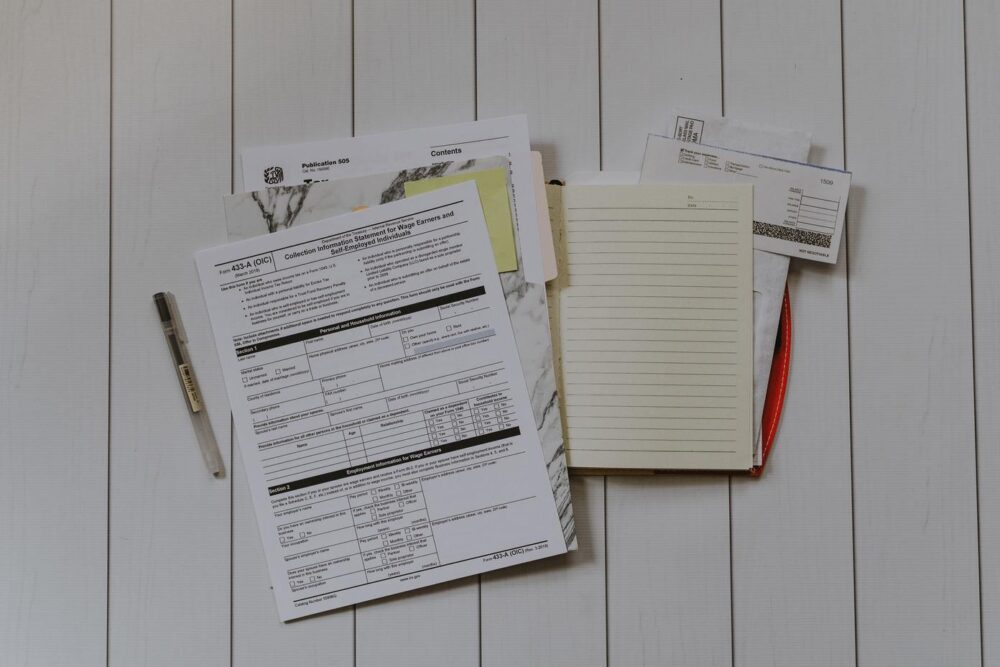
Make a Folder of Things You Need to Keep for a While but Not Forever
If you wish to have a stress-free move and to relocate without a lot of unnecessary junk without the risk of losing something important, make a folder of items that require certain actions in the future. For example, bills that have to be paid, airplane tickets, coupons you haven’t used, and forms you have to fill out when relocating (voter registration, the form for change of address with USPS, change of address on your ID, and others).
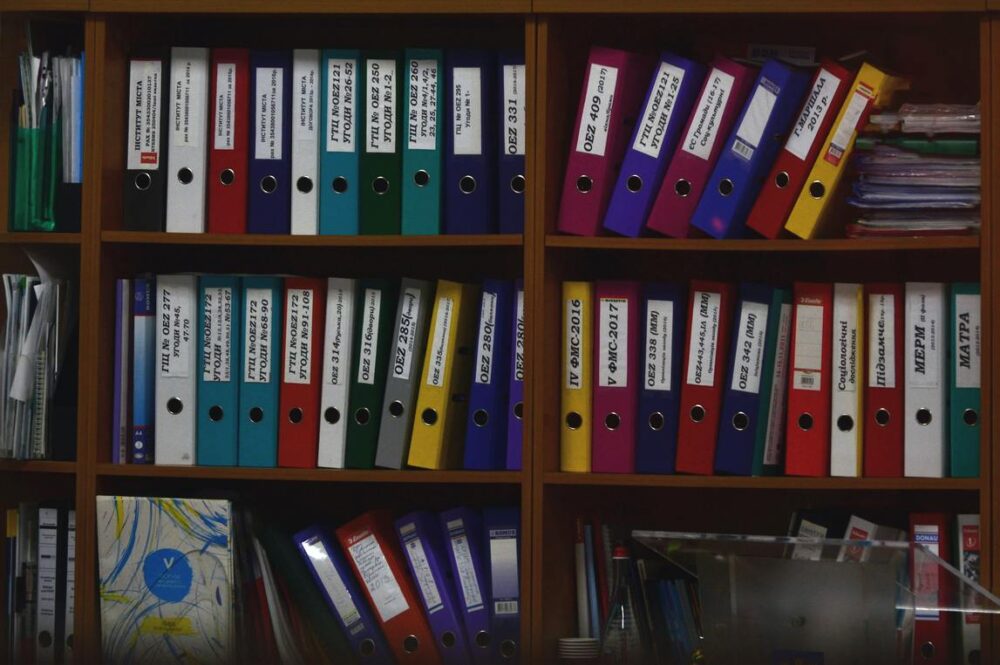
Arrange Your Office Records and Files
If you are working from home, you probably have a lot of paperwork just piling up on your desk. Now that you are sorting everything out, you should go through your office as well. You probably already have a .pdf backup of this documentation on your computer. If you don’t, now it would be a good idea to make some. Use documentation you don’t require anymore to pack your glasses for moving and cross out some moving supplies from your moving expenses checklist.
Make a Folder for Your Kid’s Paperwork as Well
Your kids probably have so much paperwork they don’t need that the best packing service providers in the world would struggle to arrange it. If you don’t want to throw away some of your kid’s homework or school projects but don’t have a place in your house right now, you can always put them in a storage facility until you move to a bigger place. Take a folder and put inside everything regarding their school records, like diplomas, awards, tests, and grades, and file them in a storage unit.
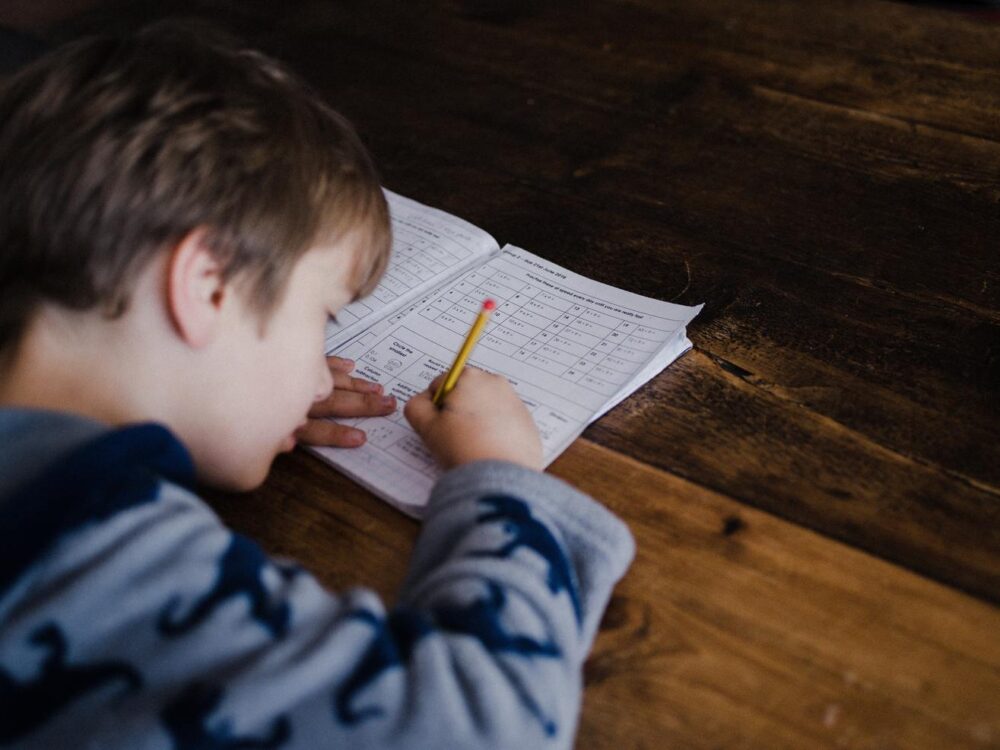
How to Organize Important Documents at Home – What to Keep and for How Long
Now that you know how to sort things out, you should also know for how long you have to keep this documentation. Some stuff can be thrown away immediately, but some you need to keep for specific amounts of time:
- Account and financial documentation – You can keep utility bills for a couple of months, and you can throw away bank statements right away, while you are obliged to keep tax statements for seven years.
- Property records – Every title, deed, mortgage statement, and insurance policy should be kept for as long as you own the property.
- Personal – You should keep most of these forever.
- Medical documentation – The Federal State Commission advises that you should keep your medical bills for at least one year.
But when you decide to get rid of this documentation, don’t just throw it away. Even account papers can be used for identity theft. Some agencies don’t even recommend shredding these papers but destroying them entirely.
